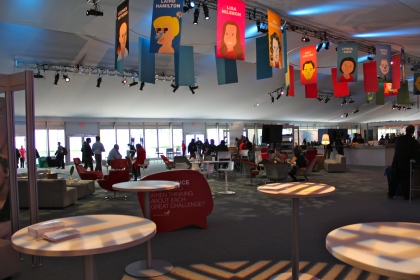
Smart devices are becoming a part of our everyday lives. I can’t even remember the last time I went a day without using my iPhone. These devices unobtrusively connect us, collect information for us and help us to report what’s happening in our lives or what we find of interest.
Healthcare is seen by some as the last frontier when it comes to technology adoption. The take up of technology has tended to be slower in health care due to several factors which I will not go into here. What I really want to tell you about is an exciting and emerging shift in this take up.
A group of enthusiasts, early adopters, clinicians, developers and business minds have recently joined up to form The Healthcare App Network for Development and Innovation – HANDI. Yours truly has ofcourse joined up.
HANDI is made up of people with a range of expertise who have one thing in common: we all believe that healthcare apps for people who use services, carers and healthcare professionals will be key to transforming and improving healthcare.
This shift towards embracing and developing health apps has a real potential to transform healthcare. In the near future, it will become standard to access our health needs through electronic devices such as smart phones. Instead of doing an annual health checkup (e.g. a cardiac risk assessment), near real-time health data access will be used to provide rolling assessments and alert us and a clinician of changes to our health risk based on biometrics assessment and monitoring (blood pressure, weight, sleep etc).
Predictive health analytics, health information intelligence and data visualisation will make spotting, reporting and addressing risks and abnormalities not only faster but more cost effective by reducing the need of big facilities like hospitals. While much work remains to be done to connect these devices and the data they generate in universal and interchangeable ways, there are standards evolving to ensure that the data will speak the same language, that the analytics, algorithms and data output are validated, and that the collective potential of these devices will paint a truly holistic picture of our health.
I dont know about you, but the vast possibilities of this technology certainly sends a tingle of excitement down my spine.
If you would like to know more about health apps and would like to be involved please visit the HANDI website or join us here.









